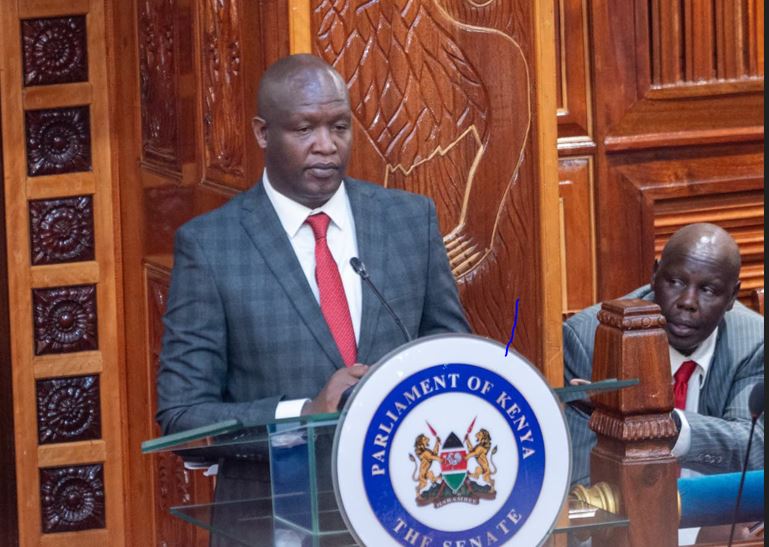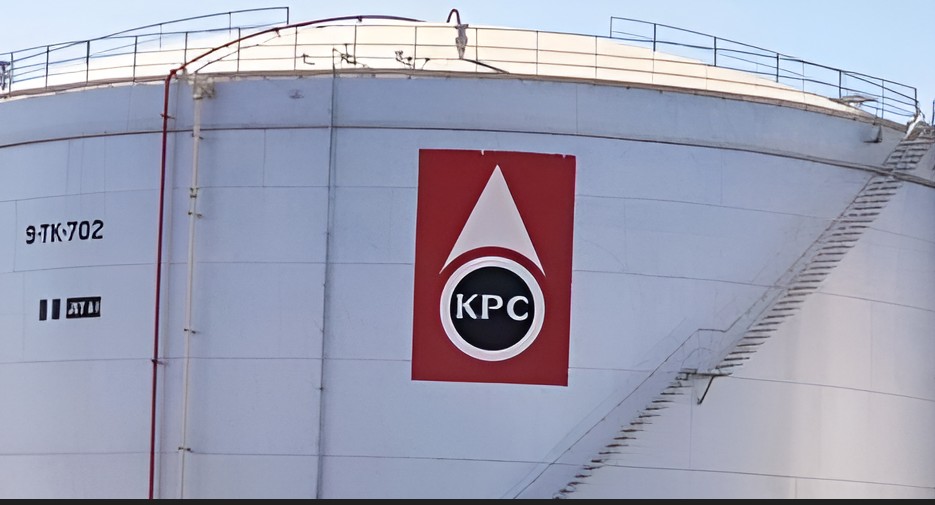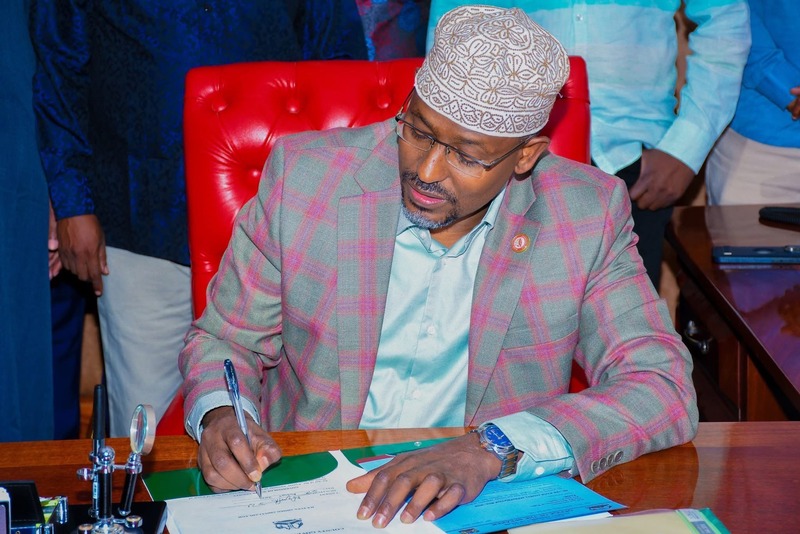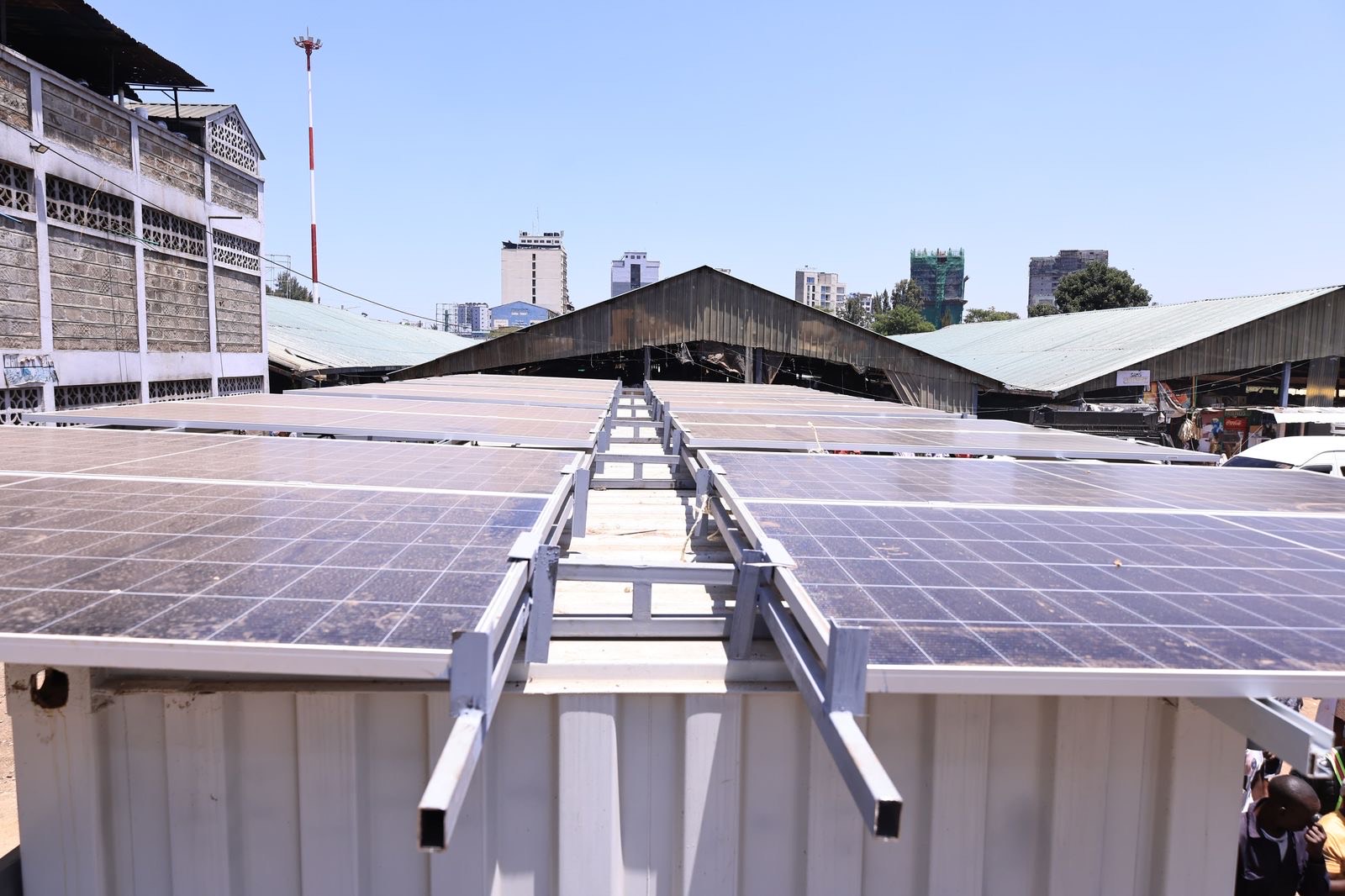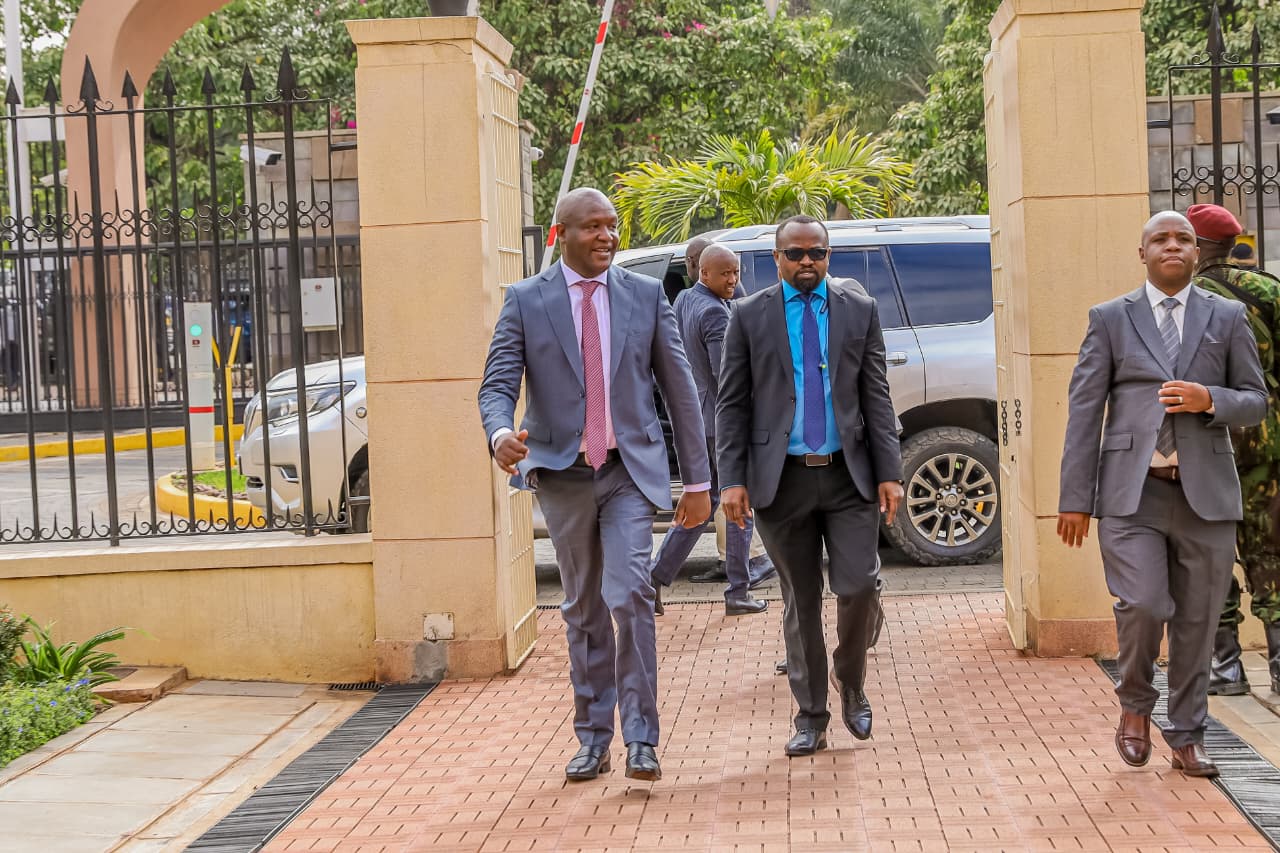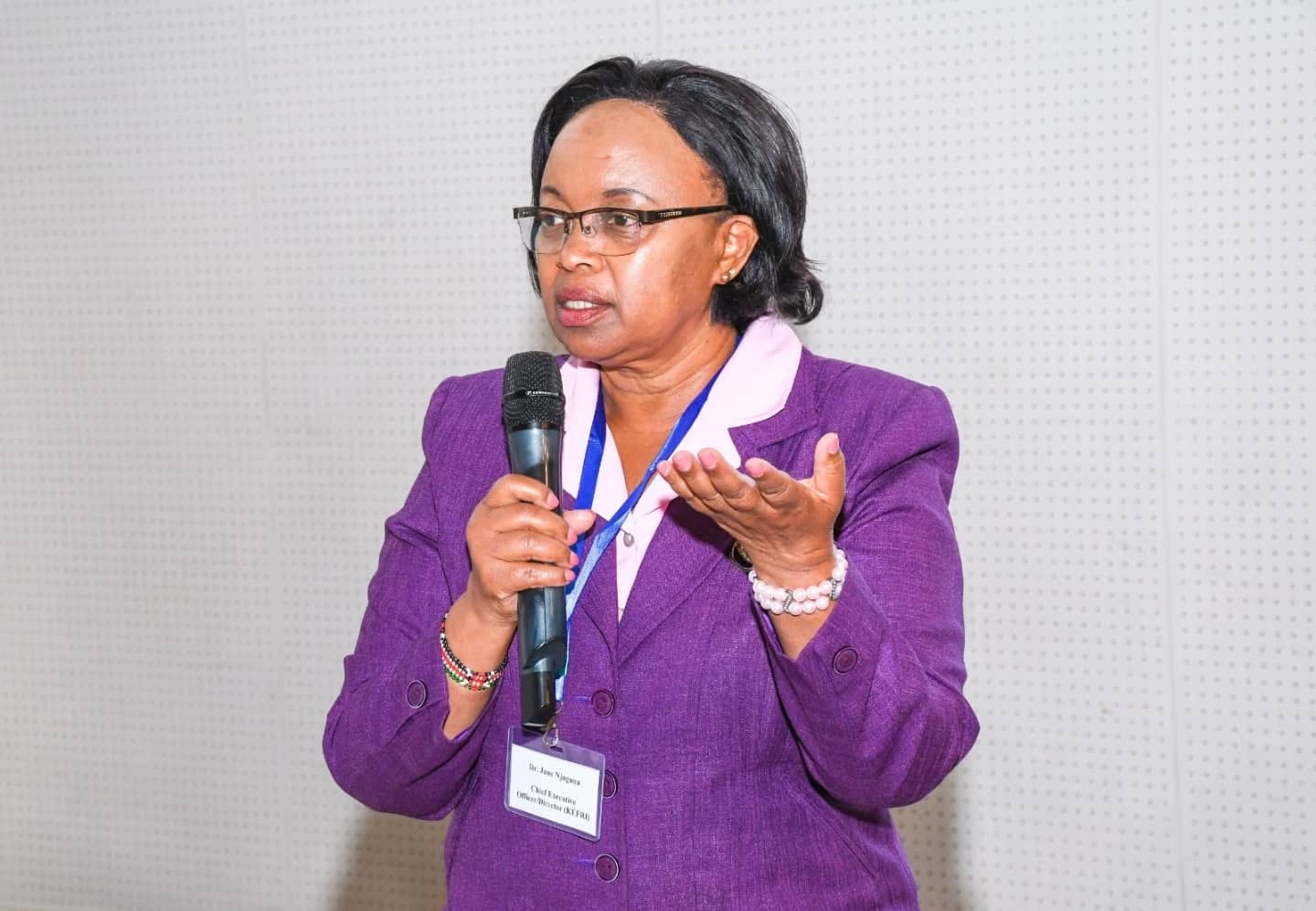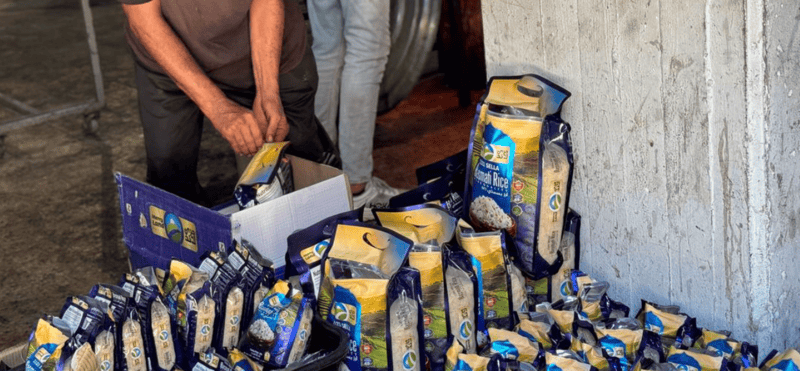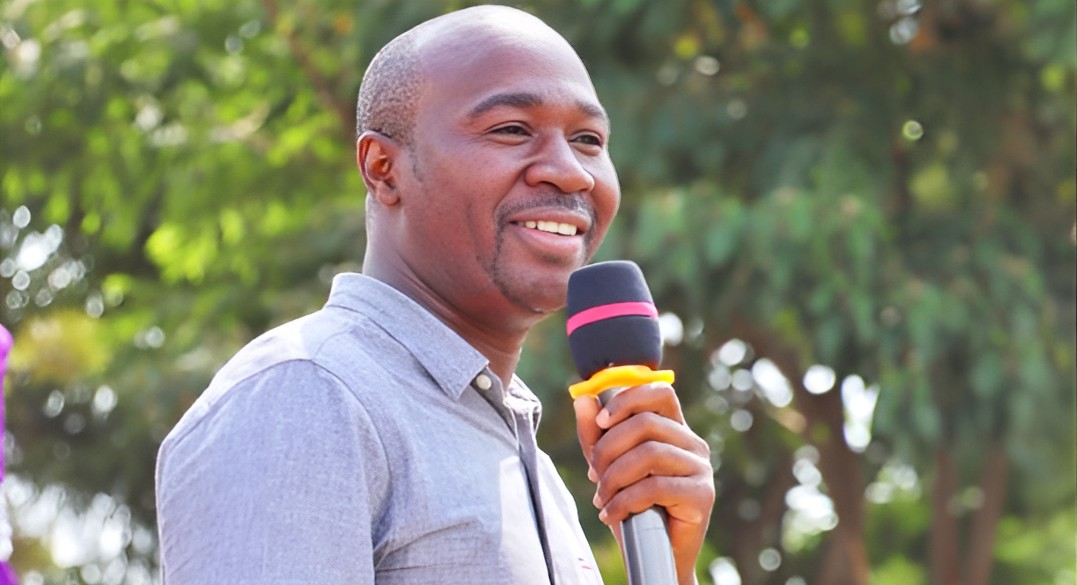Senators oppose Treasury’s centralised county revenue management plan

The Treasury’s draft Public Finance Management (Integrated County Revenue Management System) Regulations, 2025, aim to create a national digital platform for automating the collection of levies, fees, taxes, and charges.
Senators have announced their opposition to the National Treasury’s proposal to force all 47 counties to adopt a centralised revenue management system, arguing that it would undermine devolution and repeat mistakes seen in previous national initiatives.
The Senate’s Information, Communication and Technology Committee, chaired by Trans Nzoia Senator Allan Chesang, said it will instead support counties in creating their own effective and secure systems tailored to local needs.
More To Read
- Union seeks court orders to halt privatisation of Kenya Pipeline Company
- Mbadi urges State agencies to prioritise PPPs in project planning
- Mbadi gives counties 30 days to integrate payrolls with IPPD
- Government targets land sale to settle Kenya Railways pension arrears
- Service delivery at risk as Treasury delays Sh34.6 billion July allocation to counties
- MPs reject Treasury circular on mandatory e-GPS use
Chesang made the remarks during a visit to Kiambu County to study its revenue collection framework, which has seen collections jump from Sh2.9 billion in 2022 to Sh5.45 billion in the 2024/2025 financial year.
He noted that the Senate initially backed the Treasury plan, pointing to weaknesses in existing county revenue frameworks.
“In the beginning, we agreed with Treasury’s proposal, believing counties could not manage effective systems. We are now changing our approach. We will advocate for each county to develop its own secure and foolproof platform. With good leadership, counties can run their systems efficiently, and others should benchmark with Kiambu,” said Chesang.
The Treasury’s draft Public Finance Management (Integrated County Revenue Management System) Regulations, 2025, aim to create a national digital platform for automating the collection of levies, fees, taxes, and charges.
The government says the system would improve transparency, efficiency, and accountability in revenue administration.
Kiambu Governor Kimani Wamatangi told the senators that the county relied on three separate private systems for business permits, parking, and land rates when he assumed office in 2022. He said the setup was insecure and encouraged revenue leakage.
“In one case at the Thika slaughterhouse, a client paid Sh20,000 through the system. But the bank record showed only Sh16,000 deposited. The missing Sh4,000 could not be accounted for since the county had no control over the platform,” Wamatangi explained.
The county has since ended private contracts and introduced its own Enterprise Resource Planning (ERP) system that consolidates all revenue streams.
Managed by the county’s ICT department, the platform now handles trading licenses, parking, market cess, slaughterhouse levies, and liquor licensing, as well as hospital management, fleet, human resources, land administration, and development approvals.
Nominated Senator Beatrice Ogola warned that centralising revenue under Treasury would reverse devolution gains.
“Placing own-source revenue under Treasury is akin to killing devolution. Counties would be at the mercy of the national government, just like under KRA. When KRA demands delayed tax remittances, they withhold funds, yet counties need that money for salaries and medical supplies. A centralised system would cripple devolved services,” she said.
Top Stories Today
